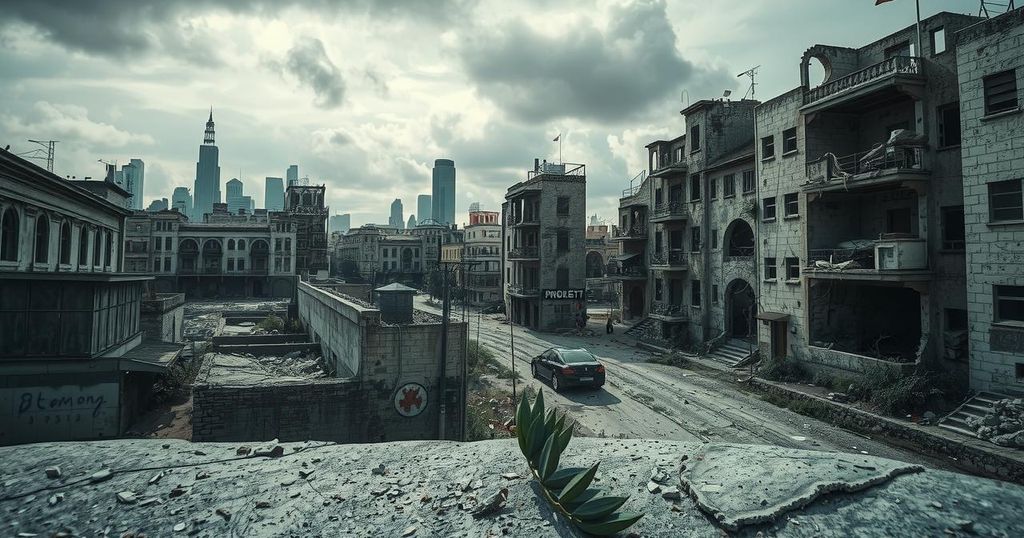The ‘Black Hawk Down’ incident in Somalia in 1993 resulted in the deaths of eighteen U.S. soldiers and hundreds of Somalis, deeply affecting local communities. As a Netflix documentary revisits the battle, Somalis reflect on their harrowing experiences, emphasizing the need for recognition and accountability. The narrative focuses on individuals like Binti Ali, whose family suffered tremendous loss, and Ahmed Five, whose footage documented the chaos and influenced international perceptions.
The term “Black Hawk Down” references a significant military incident that occurred in Somalia in 1993, during which eighteen American soldiers died amidst fighting that also claimed hundreds of Somali lives. As Netflix releases a documentary on these events, many Somalis reflect on the deep scars left by the battle. In early 1990s Mogadishu, moments of tranquility were often disrupted by civil unrest, exemplified by the catastrophic events of October 3, 1993, when a U.S. operation against warlord Mohamed Farah Aideed escalated into chaos.
Binti Ali Wardhere, then a young woman, recalls that day beginning with what seemed like a peaceful afternoon. Unbeknownst to her, American forces were preparing an assault, which began shortly after she had settled in with her family. The subsequent explosions rocked Mogadishu, forcing Binti to seek refuge and ultimately leading to unimaginable tragedy as a shell struck her home, resulting in the loss of her husband and two sons.
Ahmed Mohamed Hassan, known as Ahmed Five, was a local cameraman documenting the unfolding violence. He instinctively began filming the battles, understanding the significance of capturing the chaos surrounding both the U.S. soldiers and the Somali people. His footage later gained international attention, shaping perceptions globally and altering U.S. foreign policy in Africa.
Meanwhile, Saida Omar Mohamud had just given birth when chaos erupted nearby. U.S. soldiers stormed her home, creating a makeshift hospital amidst the turmoil, leaving her with lasting memories and a daughter named Amina Rangers, symbolizing the profound impact of that day. The recent Netflix documentary endeavors to provide a balanced narrative, highlighting the overlooked experiences of Somali individuals affected by the conflict.
The Mogadishu battle of 1993 represents a pivotal moment in U.S. military history, reflecting shifting perceptions of foreign intervention. Following the collapse of Somalia’s central government, the United States initially deployed forces to support humanitarian efforts but later escalated military actions against local warlords. The aftermath of the battle drastically shifted U.S. engagement strategies in Africa and influenced how international interventions were viewed in subsequent crises. This historical context is essential to understanding the enduring impact of the events of October 3, 1993, on Somali communities.
The events surrounding the Mogadishu battle underline the tragic consequences of military intervention and the complexities of international engagements. For individuals like Binti Ali, the scars of loss remain palpable, and calls for acknowledgment and compensation persist. As narratives like those presented in the Netflix documentary emerge, it is vital to ensure that the experiences of all affected parties are recognized in discussions of this tumultuous period.
Original Source: www.bbc.co.uk






